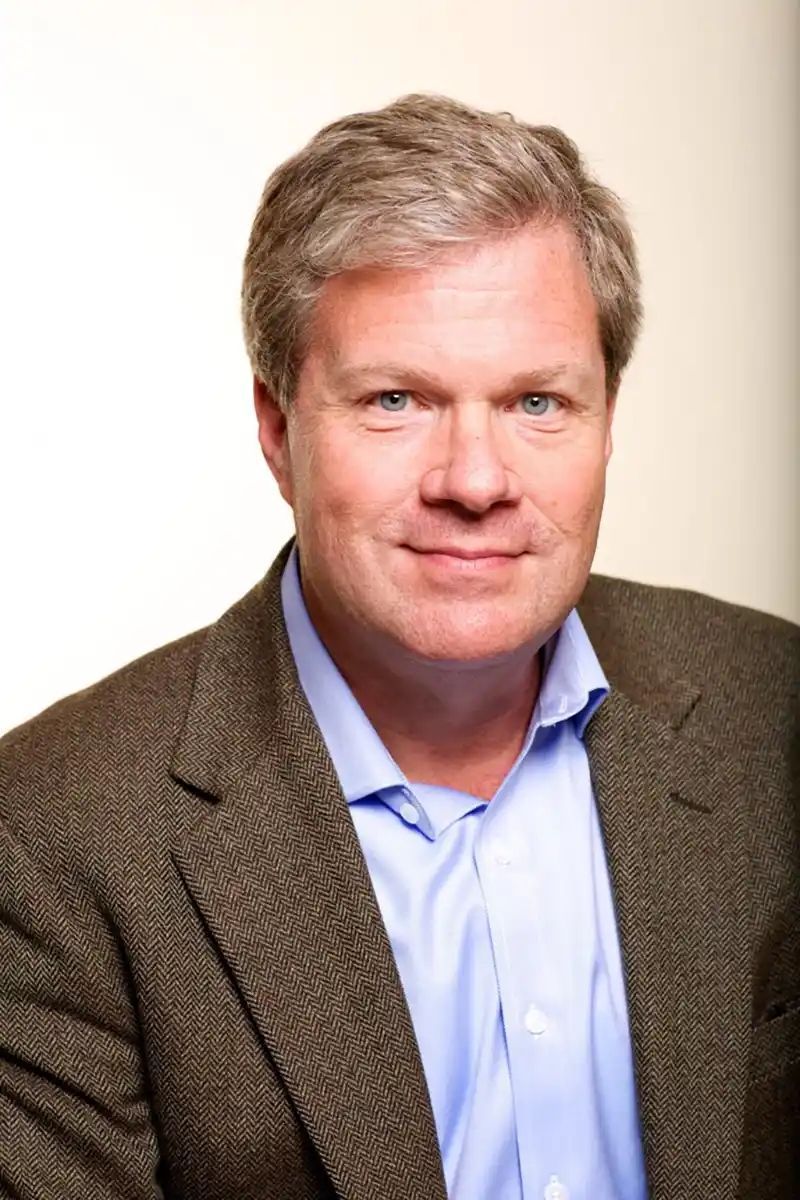Roy M. Liuzza

ADDRESS
309 McClung Tower
Roy M. Liuzza
Distinguished Professor in the Humanities
Medieval/Early Modern, Old English
Professor Liuzza’s area of specialization is Old English language and literature. He has a special interest in editing and textual criticism, translation, and Anglo-Saxon science and medicine. His current work is on the Anglo-Saxon sense of time in scientific, historical, and literary works; he is also preparing an edition and translation of Ælfric’s Catholic Homilies for the Dumbarton Oaks Medieval Library.
He regularly teaches Old English and Advanced Old English, as well as the Medieval Literature and the History of the English Language.
Invited Lectures
- “The Hours of the Day in Anglo-Saxon England,” invited paper, Medieval and History of Science Colloquium, Yale University, March 2019
- “In saecula saeculorum: Notes on the Anglo-Saxon Sense of the Future,” invited paper, Stanford Center for Medieval and Early Modern Studies, March 2019
- “Well-tempered Instruments – Measuring and Marking the Hours of the Day in Early Medieval England,” invited plenary address, University College Dublin, October 2018
- “Diminishing Returns: On the History of the Future in Old English,” Invited Paper, Centre for Medieval Studies, University of Toronto, February 2014
- “Translating Old English Poetry,” invited workshop, Columbia University, March 2013
- “Wheels within Wheels: Further Observations on ‘The Sphere of Life and Death’,” Invited Paper, Fourth International Conference on the Science of Computus, National University of Ireland – Galway, Summer 2012
- “The Figure and the Frame: Reckoning, Representing, and Imagining Time in Anglo-Saxon England,” invited talk, Brown University, Spring 2010
- “The Present and Future of Graduate Medieval Studies,” round-table discussion, Yale University Medieval Studies Alumni Conference, April 2006
- “The Sense of Time in Anglo-Saxon England,” T. Northcote Toller Memorial Lecture (Invited annual public lecture), University of Manchester, March 2006
- “The Sphere of Life and Death: Medicine, Number, and the Visual Imagination,” Invited paper, Medieval Doctoral Conference, Harvard University, February 2005
- “Monuments, Memory, History, Beowulf,” Plenary Paper, Anglistentag 2004, Institut für Anglistik, Aachen, September 2004
- “The Tower of Babel: The Wanderer and the Ruins of History,” invited paper, Notre Dame University, November 2002
- “Iron and Irony in Beowulf,” invited paper, Western Michigan University, November 2002
Education
-
- Ph.D. Yale University
- M.Phil. Yale University
- M.A. Yale University
- B.A. University of Louisiana at Monroe
Specialties
Medieval/Early Modern, Old English
Honors
- Chancellor’s Grant for Faculty Research, University of Tennessee, 2014
- Neil Ker Memorial Fund Grant, British Academy, 2008
- National Endowment for the Humanities Fellowship, 2007-08
- University of Tennessee Professional Development Grant, 2007-08
- American Philosophical Society Grant, 2003-4
Publications
Books
- Old English Poetry: An Anthology (Peterborough, ON: Broadview Press, 2014)
- General Editor, contributing author and translator, The Broadview Anthology of British Literature I: The Medieval Period (Peterborough, ON: Broadview Press, 2006; Third Edition 2015)
- Anglo-Saxon Prognostics: Studies and Texts from London, British Library, MS Cotton Tiberius A.iii (Woodbridge: Boydell & Brewer, 2010). Winner of the 2013 Beatrice White Prize from the English Association.
- Beowulf: a new verse translation. Broadview Literary Texts (Peterborough, ON: Broadview Press, 2000). Second revised and expanded edition, 2012
Recent articles
- “Reconstructing a Lost Manuscript of the Old English Gospels,” Medieval English and Dutch Literatures The European Context, ed. Larissa Tracy and Geert H.M. Claassens (Woodbridge: Boydell & Brewer, 2022), 15-27.
- “Island Time: The English Day and the Christian Hours,” Old English Lexicology and Lexicography: Essays in Honor of Antonette diPaolo Healey, ed. Maren Glegg Hyer, Haruko Momma, and Samantha Zacher (Woodbridge: Boydell & Brewer, 2020), 186-198.
- “The Future is a Foreign Country: The Legend of the Seven Sleepers and the Anglo-Saxon Sense of the Past,” Medieval Science Fiction, ed. James Paz and Carl Kears. King’s College London Medieval Studies (Woodbridge: Boydell & Brewer, 2015), 61-78
- “Editions,” Teaching Beowulf in the Twenty-First Century, ed. Howell Chickering and Allen J. Frantzen (Tempe, AZ: ACMRS, 2014), 5-14
- “The Sense of Time in Anglo-Saxon England,” Bulletin of the John Rylands Library 89.2 (2013), 131-153
- “In Measure, and Number, and Weight: Writing Science,” The Cambridge History of Early Medieval English Literature, ed. Clare A. Lees (Cambridge: Cambridge University Press, 2013), 475-498
- “Literacy,” A Handbook of Anglo-Saxon Studies, ed. Jacqueline A. Stodnick and Renée R. Trilling. Wiley-Blackwell Critical Theory Handbooks (Oxford: Blackwell, 2012), 99-114
- “Iron and Irony in Beowulf,” Beowulf at Kalamazoo: Essays in Translation and Performance, ed. Jana K. Schulman and Paul E. Szarmach (Kalamazoo, MI: Medieval Institute Press, 2012), 50-68